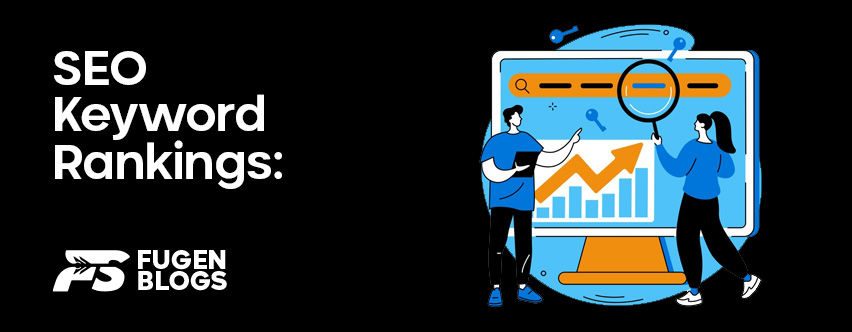In the world of Search Engine Optimization (SEO), ranking #1 on Google for relevant keywords is the ultimate goal for businesses and website owners. However, achieving that top position requires careful selection of the right keywords. In this blog, we will explore the importance of keyword rankings, how to choose the best terms to target, and strategies to improve your chances of ranking #1 on Google’s search results.
Table of Contents
The Significance of Keyword Rankings:
Keyword rankings directly impact your website’s visibility and organic traffic. When your website ranks higher for relevant keywords, it becomes more visible to users searching for related topics. Higher rankings also instill trust in your brand and authority in your industry, leading to increased click-through rates and potential conversions.
Choosing the Right Keywords:
- Relevance: Select keywords that are highly relevant to your content and business niche. Consider what your target audience is searching for and how your offerings match their needs.
- Search Volume: Look for keywords with a substantial search volume. While highly competitive keywords may have significant search volume, targeting long-tail keywords can also attract relevant traffic with less competition.
- Competition: Analyze the competition for your chosen keywords. Targeting less competitive terms can help you rank higher faster, especially for new websites.
- Intent: Understand the user intent behind the keywords you choose. Are users looking for information, products, or services? Align your content to meet their specific intent.
Comparison Table: Long-Tail vs. Short-Tail Keywords
| Aspect | Long-Tail Keywords | Short-Tail Keywords |
|---|---|---|
| Search Volume | Lower search volume | Higher search volume |
| Competition | Less competitive | Highly competitive |
| User Intent | Specific and targeted | Broader and more general |
| Ranking Difficulty | Easier to rank higher | Harder to rank higher |
Stats on Keyword Rankings:
- A study by Backlinko found that the first result in Google’s search results receives an average click-through rate (CTR) of 31.7%, making it essential to aim for that top spot.
- According to Ahrefs, 91.5% of web pages get no organic traffic from Google, emphasizing the importance of keyword research and optimization.
FAQs:
- Q: Can I use tools to find the best keywords for my website?
- A: Yes, keyword research tools like Google Keyword Planner, SEMrush, and Ahrefs can help you identify relevant keywords with high search volume and low competition.
- Q: How often should I update my keyword strategy?
- A: Regularly review and update your keyword strategy to stay relevant to current search trends and user behavior.
- Q: Can I rank #1 for competitive keywords quickly?
- A: Ranking #1 for highly competitive keywords may take time and consistent SEO efforts. Focus on both short-term gains with long-tail keywords and a long-term strategy for competitive terms.
Conclusion:
SEO keyword rankings are vital for driving organic traffic and establishing your website as an authority in your industry. By selecting relevant keywords with substantial search volume and aligning with user intent, you can increase your chances of ranking #1 on Google. Embrace both short-tail and long-tail keywords in your SEO strategy to target a diverse audience and improve your website’s overall visibility. Remember that SEO is an ongoing process, and continually optimizing your keyword strategy will lead to long-term success in organic search rankings.


Leave a Reply